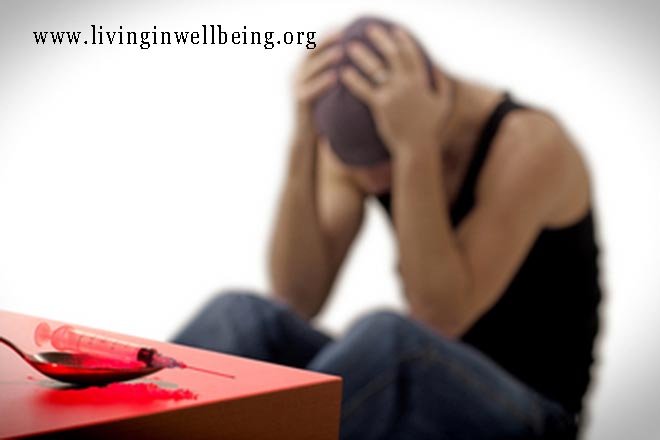
Drug rehabilitation center has put a stigma to a drug user's renewed life because the name connotes a mental institution that treats patients with severe drug or substance addiction. This is a wrong notion because rehabilitation does not limit to mentally deranged individuals resulting from substance abuse. Anyone who is suffering from drug abuse resulting from the use of recreational substances such as methamphetamines (shabu), heroin, cocaine and cannabis (marijuana) and prescription medicines such as Xanax, Valium, Vicodin or Klonopin needs to undergo months of rehabilitation to ensure that they do not suffer from relapse.
Drug rehabilitation center is an institution that is built on providing psychotherapeutic or medical treatment to enable patients to live normally by giving them counselling and detoxification thereby stopping them from using addictive substances. Patients treated in drug rehab center are being taught on the methodology of adapting, reacting and interconnecting with an environment that is free of drug. Psychological and psychiatric treatments come to mind upon the patient's confinement to the rehab center where a psychologist and psychiatrist are working hand in hand to give the patient counseling, encouragement and indoctrinating him to leave drugs for good by avoidance of people who use addictive substance.
Counselors give patients daily lectures on the importance of living without substance abuse, its ill-effects to their mental and physical health, and the damage to personal and family relationships. The rehab center uses the 12-step programs that give full details on how drug patients can help themselves to cease drug abuse and learn to conduct self-examination to determine the reason why they succumb to drug addiction and on how to change their bad habit that prodded them to substance abuse. Under the program, the counsellor will make an in-depth investigation as to the causes and history of drug abuse of the patient.
There are some people who become drug addicts because they cannot control their urge on using the drugs or substance due to their behaviors, personal problem, peer pressure, and curiosity. During the rehabilitation, patients will undergo training on how to recover from their loss by accepting and realizing their bad behavior and habits, teaching them to reinvent themselves by picking up the broken pieces in their lives, and in some instances treating some patients with chemical imbalances that led them to substance abuse through prescriptive medicine.
Patients will learn a lot from the rehab center through group activities, lectures, spiritual advices, demos, and visitation of local support groups, friends and family, testimonials from former drug addicts, in-patient and out-patient treatment, drug counselling, continuing education program, and community participation. When the final stage of the recovery program has arrived, the patients can now go home and spend normal life with their families. Patients can now face the challenges in the real world without worrying about the social stigma that is coupled with drug rehabilitation.
Rehabilitated patients are more mature and decisive in their goal to stop substance abuse and they know how to resist temptations from their drug addict friends and can apply what they learned on coping strategies.












